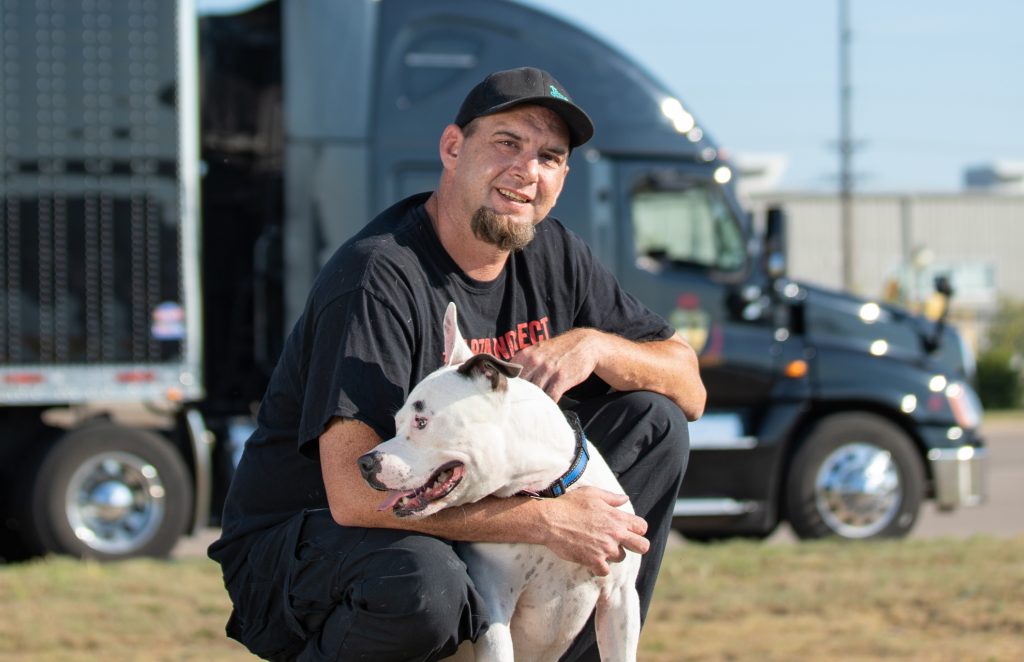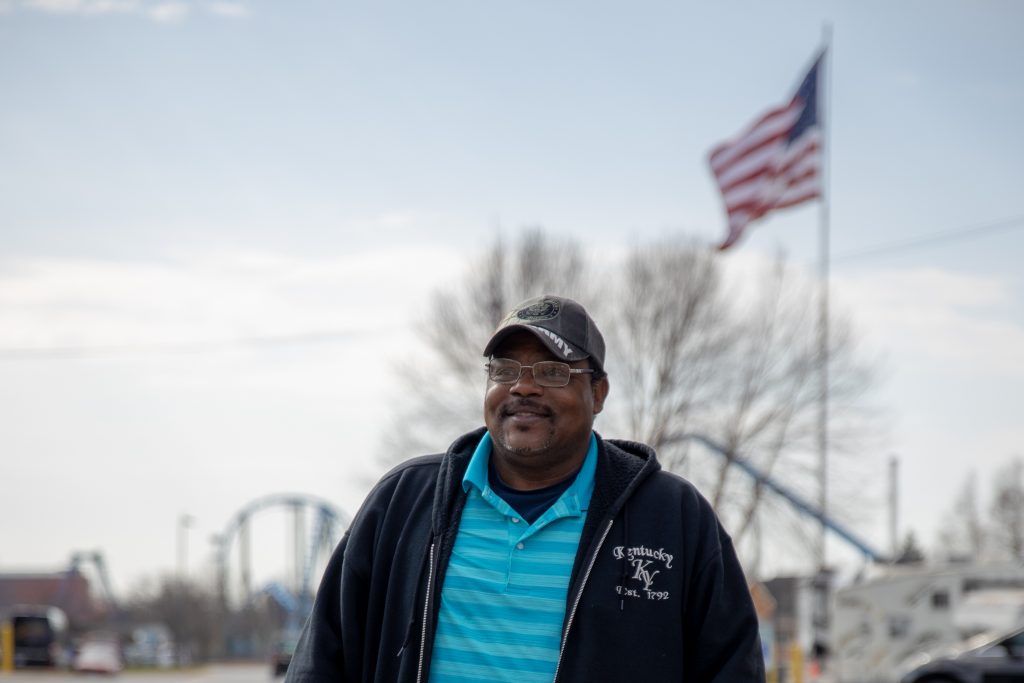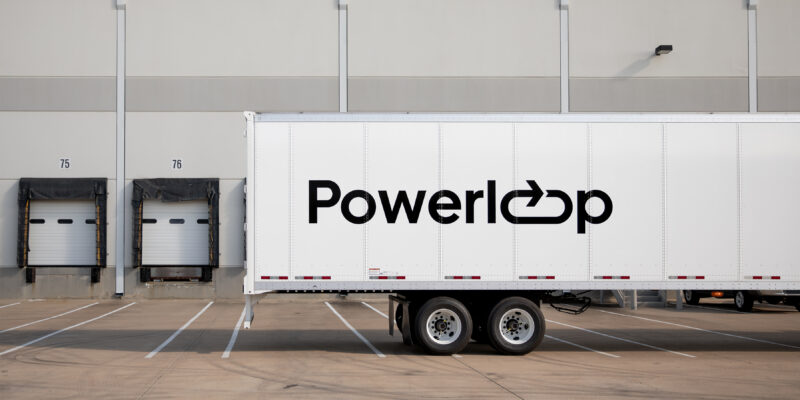How 4 veterans found solace and success in trucking

There are currently 18.2 million military veterans in the United States and 1 in 10 of them are truck drivers. Military veterans have skills that directly apply to what it takes to become a successful owner-operator: discipline, a sense of responsibility, and a commitment to safety. They’re accustomed to being away from home for long periods of time, have the ability to operate independently, and can adapt to change or difficult conditions.
A 2016 study also showed that veteran drivers had 42% fewer accidents, drove 98% more miles, and had 68% fewer involuntary terminations than non-veterans. Joining the trucking industry after military service can also help lower the veteran unemployment rate while adding new talent to an industry vital to the economy. Given these stats, it’s not unusual why many trucking companies have programs specifically for recruiting veterans.
In honor of Veterans Day, we’re sharing the stories of 4 owner-operators who found success and personal fulfillment behind the wheel of a truck.
Driving as a means to heal

James Rogers joined the military after the Sept. 11 attacks. After returning home as a disabled vet in 2014, he suffered from post-traumatic stress disorder (PTSD), which led to addiction and depression. Similar to his time in the military, James wanted to be involved in something greater than himself but didn’t know how until he became a truck driver. “Being a part of this industry became my way of giving back, my saving grace,” he said.
James calls his truck his “war rig” because it’s a constant reminder of his sacrifices. For him, trucking became a new way to serve his country, connect with others, and heal.
Watch James tell his story here.
Finding a new community in trucking

“A lot of drivers step into the cab for the first time because they have nowhere else to turn,” said Tiffany Hanna. “There are wounded veterans, men, and women like myself, who turned to driving because of a lack of options and unexplored affinity for the open road.”
For Tiffany, truck driving is much more than a job. She’s built her own business as a small fleet owner and found community amongst other drivers, becoming an industry mentor to women and other veterans.
Watch Tiffany tell her story here.
From a leader in the Marines to a leader behind the wheel

After 10 years as a sergeant in the Marines, Chad Boblett was looking for a job that would allow him to be in charge. “I always kept coming back to driving,” he says. “From what I could tell, companies were always hiring and the work was steady.” He knew he wanted to be an owner-operator, so he started as a local company driver before getting his authority and purchasing a truck.
Chad applies Marines-level discipline to trucking, diligently tracking all expenses and strategically choosing loads in and out of the right areas. He has also built a robust online community group for truck drivers called Rate Per Mile Masters, which has over 30K members.
Watch Chad tell his story here.
The military as prep for the longhaul

Sandford Hall has been a truck driver for over 25 years, but he previously served overseas during the Gulf War. Although his wife drives with him now, he recalls a time where he spent a lot of time away from his family. In some ways, his military service helped prepare them for his schedule as a longhaul truck driver.
Sandford enjoys the freedom truck driving provides him, saying the best parts of being on the road are being his own boss, making his own schedule, and meeting new people.
Learn more about Sandford here.
Are you a veteran interested in trucking? Federal Motor Carrier Safety Administration (FMCSA) has national veteran driver benefits, like a CDL skills waiver for those with over 2 years of experience operating heavy military vehicles. The FMCSA also provides grants to training institutions and vocational schools to help veterans achieve adequate industry education. To learn about more trucking-related veteran programs, visit CDL Career Now.
The views expressed in this post are solely of the individual being featured. Experiences may vary.



